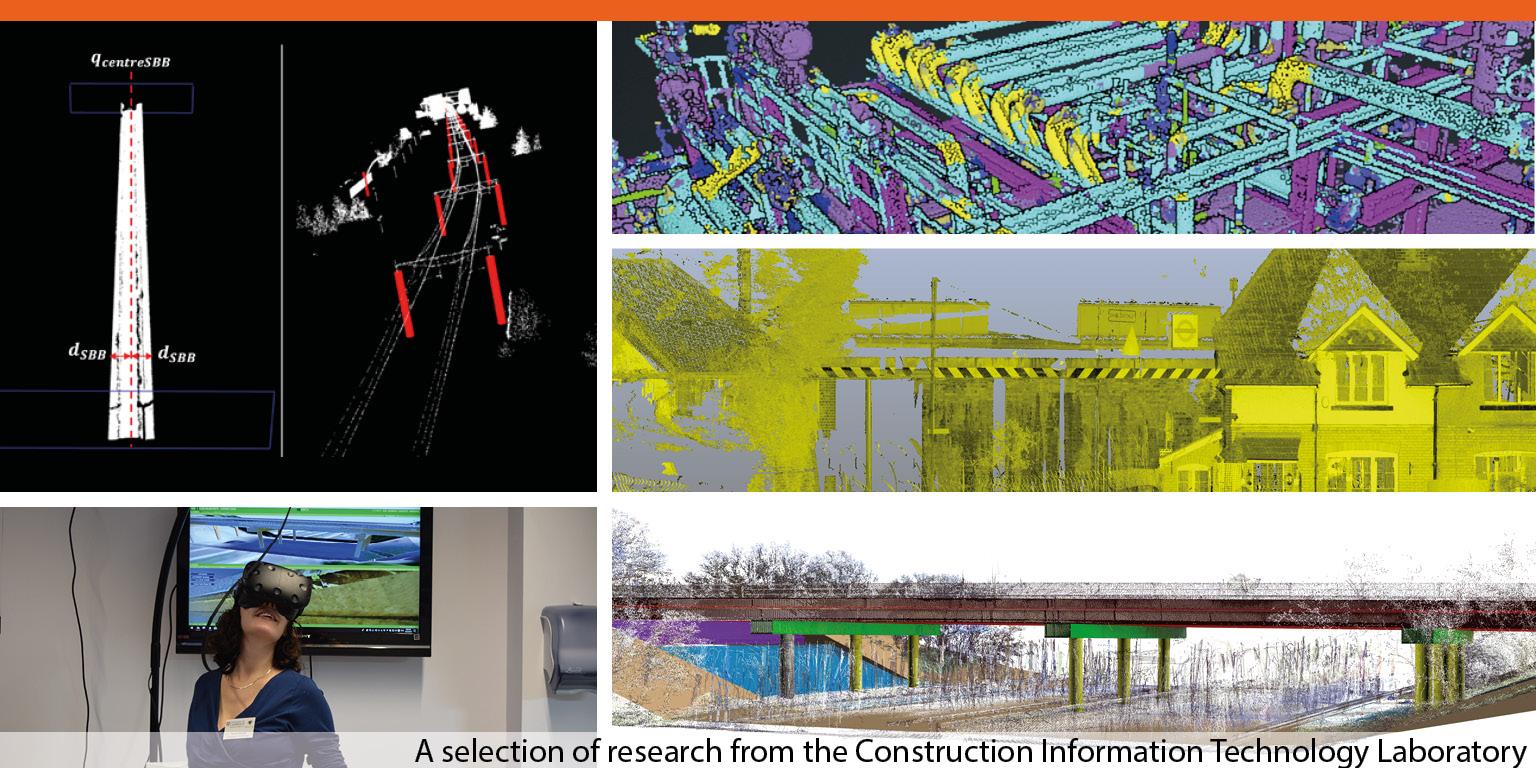
Published on 01 May 2020
Dr Ioannis Brilakis, Director of the Department’s Construction Information Technology (CIT) Lab group (part of the Laing O’Rourke Centre for Construction Engineering and Technology) and visiting Professor Rafael Sacks, have been awarded grant funding to enhance building progress monitoring and quality control through Digital Building Twins.
This €6 mil, 42-month grant is sponsored by the European Commission’s Horizons 2020 Framework Programme through its Digital Twins call for proposals. It is titled “BIM2TWIN: Optimal Construction Management & Production Control” and it aims to build a Digital Building Twin (DBT) platform for construction management that implements lean principles to reduce operational waste of all kinds, shorten schedules, reduce carbon footprint and costs, and enhance quality and safety. BIM2TWIN consists of a DBT platform that provides full situational awareness and an extensive set of construction management applications. It supports a closed loop Plan-Do-Check-Act mode of construction.
The grant team is composed of 17 partners. The (1) Centre Scientifique Et Tecqnique Du Batiment (CSTB) in France is the operational coordinator, supported by the (2) University of Cambridge; (3) Technion – Israel Institute of Technology; (4) Technical University of Munich; (5) Institut National De Recherche En informatique Et Automatique; (6) Fira Group; (7) Intsite; (8) Technalia; (9) Acciona; (10) Ruhr-University Bochum; (11) Spada; (12) University Polytechnic Delle Marche; (13) Unismart; (14) Orange; (15) Siemens; (16) IDP; (17) Aarhus University.
Dr Brilakis and his CIT Lab group have made pioneering scientific accomplishments in ‘twinning’ infrastructure scenes. For example, extracting a rich digital copy (Digital Twin) of real world infrastructure (such as buildings, industrial plants, bridges, tunnels, roads and railways), so that the Digital Twin can then be used for managing, maintaining and retrofitting the modelled assets.
| Dr Brilakis said: “Digital Twins allow us to automate and control many repetitive, low level construction tasks. This has the potential to significantly improve key performance indicators and the abysmal productivity performance of the construction industry.” |
The grant directly contributes to the mission and objectives of the Centre for Digital Built Britain, the Laing O’Rourke Centre for Construction Engineering and Technology, the National Research Facility for Infrastructure Sensing, and the Centre for Smart Infrastructure and Construction in Cambridge.
The text in this work is licensed under a Creative Commons Attribution 4.0 International License.
